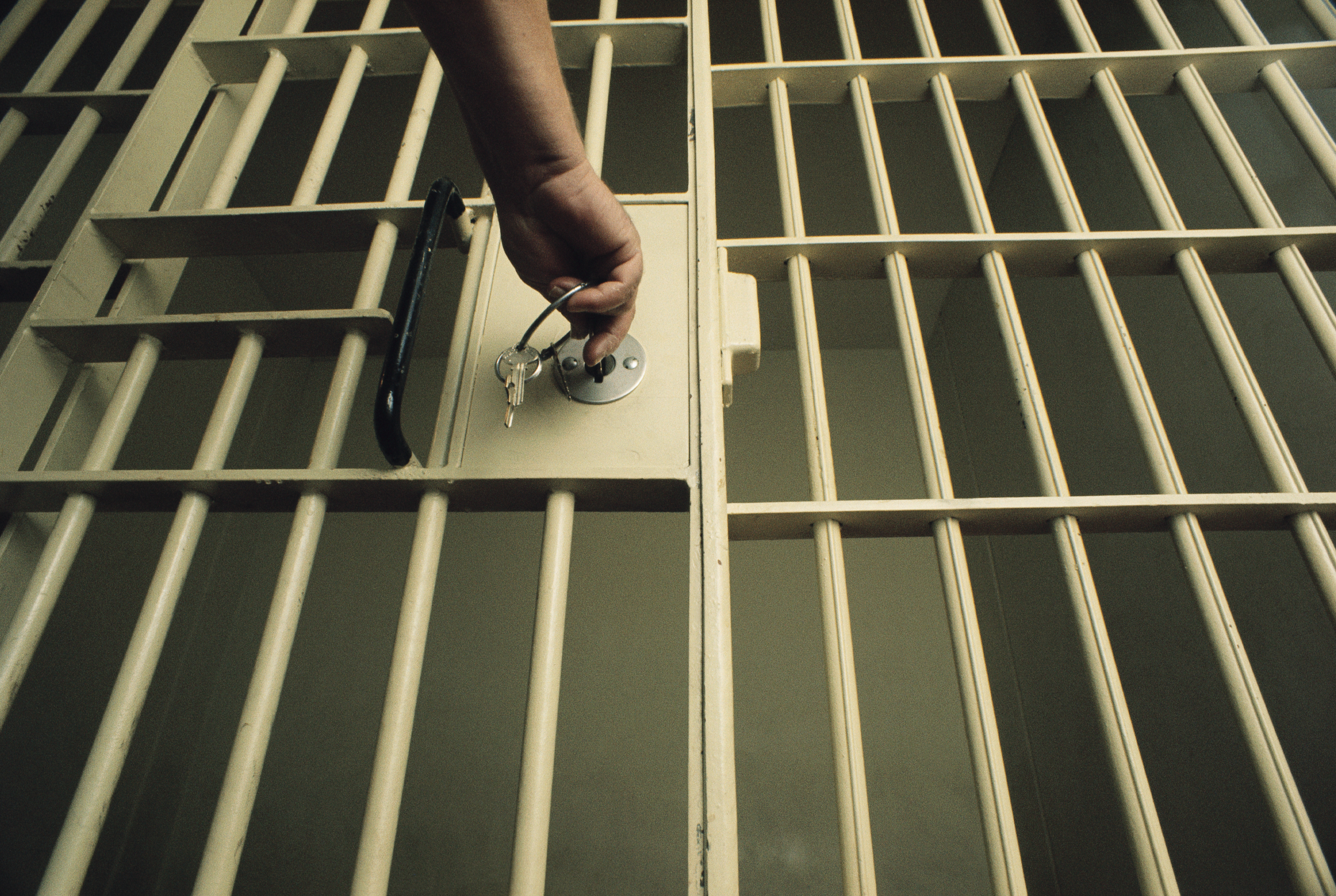A report by watchdog groups says the state is running a secured juvenile justice facility in Tennessee like it's a “dangerous jail," in violation of state and federal laws.
The report, released Wednesday by Disability Rights Tennessee and the Youth Law Center, says that monitoring of the Wilder Youth Development Center in Somerville since September 2020 has revealed serious issues. The report also flagged unsanitary, unsafe conditions, a dearth of rehabilitative and educational services, a disproportionately high number of Black youths and young people with disabilities confined there, and reliance on solitary confinement.
The report says the facility has a “pattern and practice of abuse perpetrated by staff at Wilder, including physical abuse, sexual abuse, and staff orchestrating attacks on youth.” Disability Rights Tennessee says it has filed child abuse reports related to more than 10 young people during its monitoring period at Wilder.
The report says about 1 in 4 youths there who spoke with Disability Rights Tennessee during its monitoring period — with the most recent visit taking place in March — said they were the victim of, witnessed, or helped staff in a bounty-style practice that provided snacks and other incentives to residents for attacking other youth disliked by the staff.
Get Philly local news, weather forecasts, sports and entertainment stories to your inbox. Sign up for NBC Philadelphia newsletters.
"The Wilder Youth Development Center is not what the name seems to describe; instead, it is a detention facility that is run more like a dangerous jail than a place where youth can get needed services, like training programs, mental health support, and basic life skills," the report says.
The unit where juveniles have been secluded has had mold, sewage smell, roaches, spiders, mosquitoes and lizards, the report says.
In 2021, state lawmakers enacted a new law that says juveniles at detention facilities can't be secluded “for discipline, punishment, administrative convenience, retaliation, staffing shortages, or any reason other than a temporary response to behavior that threatens immediate harm to a youth or others.” Among its provisions, the law prohibits more than six total hours of seclusion of a juvenile within a 24-hour period.
U.S. & World
Stories that affect your life across the U.S. and around the world.
The report says “it remains to be seen how these reforms will be overseen and implemented within facilities,” raising concerns the law could contain a loophole that could result in extended seclusion for some.
Tennessee Department of Children's Services spokesperson Sandra Brandon said the 120-bed facility houses 32 males between 14 and 18 years of age, with four more awaiting placement. Brandon added that some concerns were addressed before the report, with certain employees who didn't follow policies terminated and facility renovations underway on outdated dorms, bathrooms and common areas. Brandon said the department disputes some findings and will address them with Disability Rights Tennessee, without mentioning specifics.
“We will complete a full review of the report," Brandon said. "We are confident that with the support of our providers, community partners, legislators, and staff, we can work towards a resolution to any concern that may exist.”
The facility houses youth up to the age of 19 who committed serious offenses as juveniles, but were not adjudicated to adult status in court, Brandon said. It's the last state-run youth development center in Tennessee.
The report says those housed at Wilder need to be evaluated for services and appropriate placement and protected from abuse and harm and given access to appropriate education. Medical professionals need to assess them to eliminate the over-prescription of psychotropic medications, as well, the groups recommended. They also recommended further investing in community-based services.
Disability Rights Tennessee is part of a network of 57 federally mandated legal advocacy agencies that advocate for the rights of people with disabilities, including through monitoring of facilities and investigations of alleged abuse and neglect.



